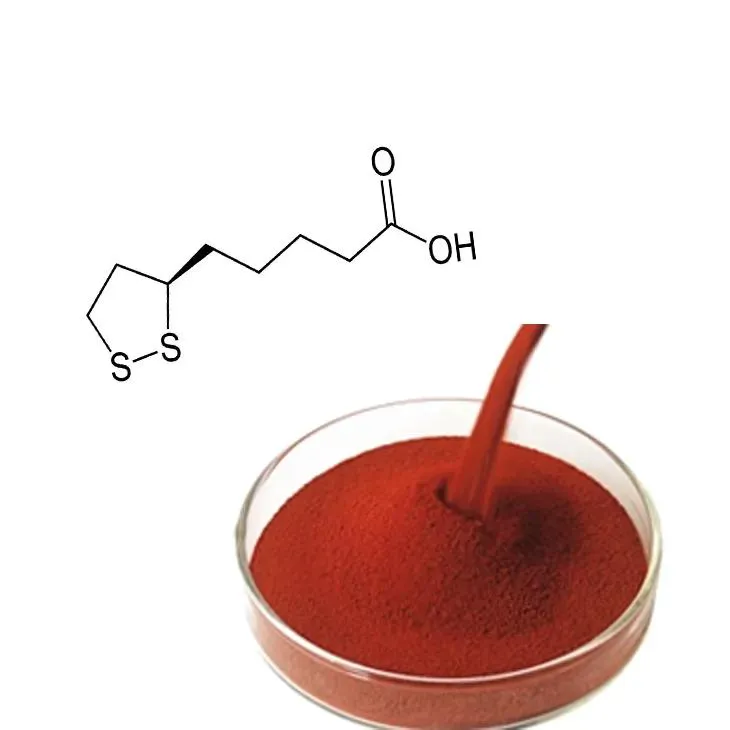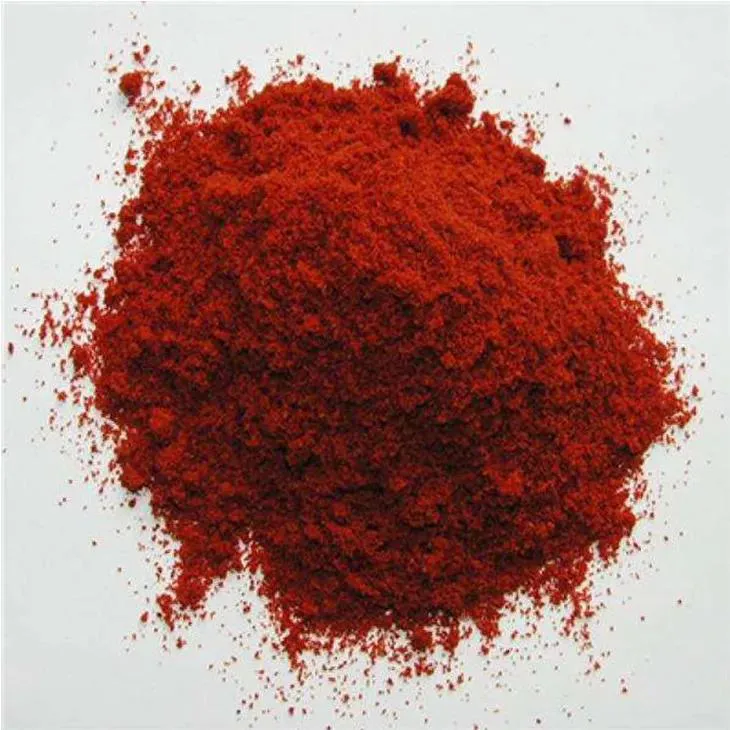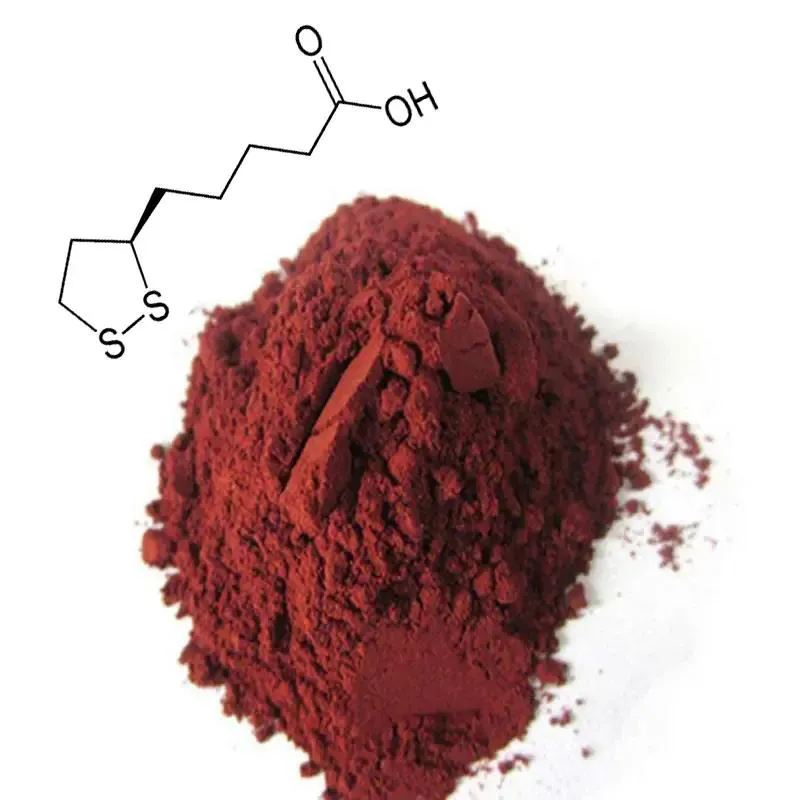- 0086-571-85302990
- sales@greenskybio.com
Should You Take Astaxanthin Supplementation in the Morning or at Night?
2025-09-30

Astaxanthin, often referred to as the "king of carotenoids," is a powerful antioxidant renowned for its benefits across multiple health domains, including skin health, eye health, and athletic performance. Sourced primarily from microalgae and responsible for the red or pink color in seafood like salmon and shrimp, Astaxanthin has been gaining attention as a valuable dietary supplement. One of the common questions emerging among those considering Astaxanthin supplementation is: When is the best time to take it—morning or night? This article explores the factors that can influence the optimal timing for astaxanthin intake, helping you incorporate it effectively into your wellness routine.
Understanding Astaxanthin
Astaxanthin is a naturally occurring carotenoid with robust antioxidant properties. It surpasses other antioxidants, such as vitamin C and vitamin E, in neutralizing free radicals and reducing oxidative stress, thereby protecting cells and tissues from damage. Its unique molecular structure allows it to span cell membranes, providing a greater range of protection. As a supplement, astaxanthin is available in various forms, including softgels, capsules, and even topical formulations.

Benefits of Astaxanthin
Astaxanthin supplementation is associated with a wide range of health benefits. Some of the most notable include:
1. Skin Health: Astaxanthin enhances skin appearance by protecting against UV-induced damage, reducing inflammation, and improving skin elasticity and moisture levels. It is often lauded for its anti-aging properties and its ability to reduce the occurrence of wrinkles.
2. Eye Health: Astaxanthin supports eye health by protecting the eyes from oxidative stress and inflammation. It may improve visual acuity and help alleviate symptoms related to eye strain and fatigue, especially in people who spend prolonged periods on digital devices.
3. Athletic Performance: Athletes benefit from astaxanthin’s ability to reduce muscle damage and inflammation, enhance endurance, and improve recovery rates. It supports efficient energy use and reduces fatigue during intense physical activities.
4. Immune Support: As an antioxidant, astaxanthin modulates immune response, potentially enhancing the body’s ability to combat infections and maintain overall health.

Determining the Best Time to Take Astaxanthin: Factors to Consider
Several factors can influence whether you should take astaxanthin in the morning or at night. These include the benefits you seek from the supplement, your lifestyle, and your overall supplement routine.
Fat Solubility
Astaxanthin is fat-soluble, meaning it should be taken with meals that contain fat for optimal absorption. Whether you decide to take it in the morning or at night, the key is to ensure it accompanies a meal. A healthy fat source in your meal, such as nuts, avocado, or olive oil, will aid in its absorption.
Morning for Energy and Performance
For individuals seeking enhanced energy and performance, particularly athletes, taking astaxanthin in the morning may offer advantages. Taking it earlier in the day can support its role in reducing exercise-induced oxidative stress and muscle fatigue, potentially improving overall performance in physical activities scheduled for later in the day.
Additionally, morning supplementation aligns with the body's natural circadian rhythm, supporting energy production and helping maintain alertness and endurance during daily activities.
Night for Skin and Cellular Repair
If your primary goal is to leverage astaxanthin’s skin health and anti-aging benefits, nighttime supplementation could be ideal. At night, the body enters a phase of repair and regeneration, making it an opportune time to deliver the antioxidant benefits of astaxanthin that help counteract cellular damage sustained during the day.
Furthermore, astaxanthin’s anti-inflammatory properties may promote more restful sleep by reducing underlying inflammation that can disrupt sleep patterns.
Consistency Over Timing
While the timing of astaxanthin supplementation can be personalized based on specific goals and lifestyle, consistency is paramount. Taking astaxanthin at the same time every day ensures you receive its benefits continuously. Whether you choose morning or evening, make it a part of your regular wellness routine for the best results.

Additional Considerations
- Personal Preference: Your personal routine, such as meal timing and daily activities, should guide when you take astaxanthin. Select a time that ensures it becomes a consistent part of your daily regimen to avoid missed doses.
- Other Supplements: Consider any other supplements you are taking. If you have a comprehensive supplement regime, be mindful of spacing them out and ensuring that they don’t interfere with the absorption of astaxanthin. Pairing it with other fat-soluble vitamins like vitamin E may complement its effects but always consider overall dosage and individual tolerance.
- Consultation with a Healthcare Professional: If you have underlying health conditions or are taking medication, consult with a healthcare professional to ensure astaxanthin is appropriate for you and to receive tailored advice for optimal timing based on your unique needs.
Conclusion
The decision to take astaxanthin in the morning or at night largely depends on the specific benefits you are aiming to achieve and your personal lifestyle preferences. Whereas morning doses may better support energy and physical performance, evening doses could complement cellular repair and skin health. Regardless of timing, the most important factors are consistency and taking the supplement with a fat-containing meal to ensure its absorption. As you incorporate astaxanthin into your wellness routine, you can enjoy its powerful antioxidant benefits and contribute to your overall health and vitality. Always consult with healthcare providers for guidance suited to your individual health circumstances, ensuring that your supplementation supports your health objectives effectively.
Green Sky Bio provides the best extracts and supplements. It is a Chinese self-developed brand that is trustworthy! Welcome to email us to inquire about our products.
- ▶ Hesperidin
- ▶ Citrus Bioflavonoids
- ▶ Plant Extract
- ▶ lycopene
- ▶ Diosmin
- ▶ Grape seed extract
- ▶ Sea buckthorn Juice Powder
- ▶ Fruit Juice Powder
- ▶ Hops Extract
- ▶ Artichoke Extract
- ▶ Mushroom extract
- ▶ Astaxanthin
- ▶ Green Tea Extract
- ▶ Curcumin
- ▶ Horse Chestnut Extract
- ▶ Other Product
- ▶ Boswellia Serrata Extract
- ▶ Resveratrol
- ▶ Marigold Extract
- ▶ Grape Leaf Extract
- ▶ New Product
- ▶ Aminolevulinic acid
- ▶ Cranberry Extract
- ▶ Red Yeast Rice
- ▶ Red Wine Extract
-
Mango flavored powder
2025-09-30
-
Acai Berry Extract
2025-09-30
-
Sea buckthorn oil
2025-09-30
-
Golden Seal Extract
2025-09-30
-
Licorice Root Extract Powder
2025-09-30
-
Red Vine Extract
2025-09-30
-
Beetroot Powder
2025-09-30
-
Senna Leaf Extract
2025-09-30
-
Citrus bioflavonoids
2025-09-30
-
Motherwort Extract
2025-09-30





















